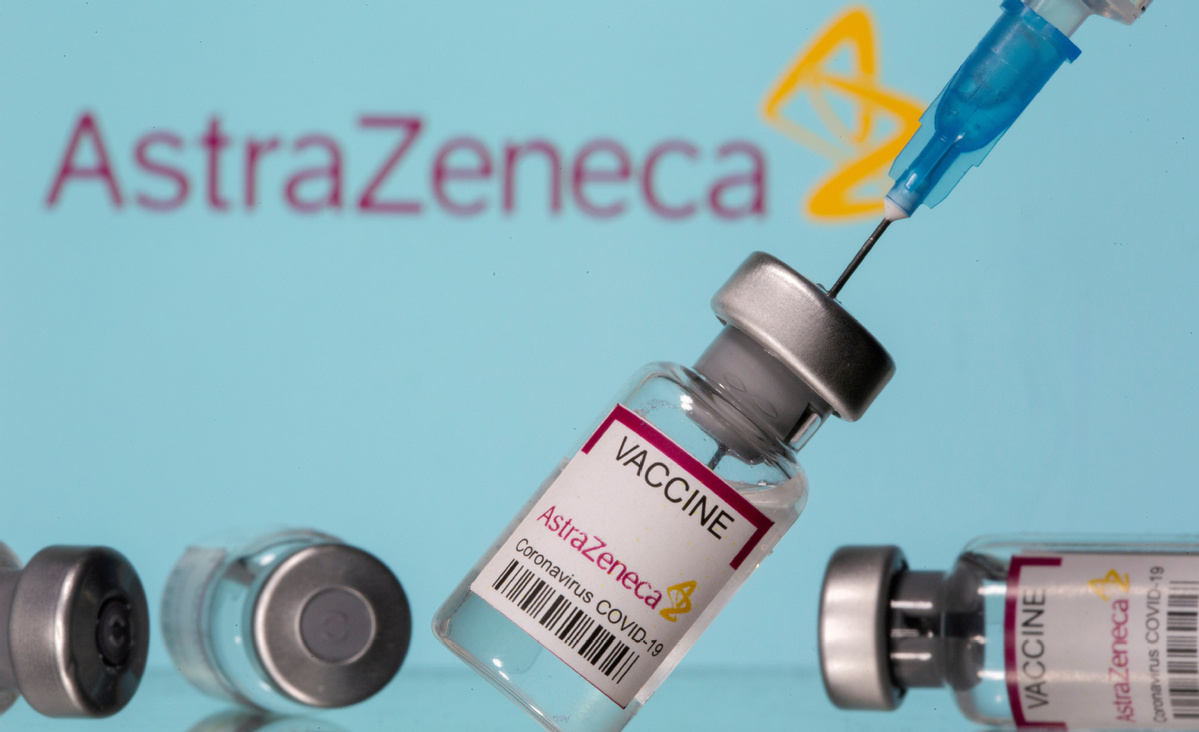AstraZeneca coronavirus vaccine under investigation, safety review


TALLINN - At least 20 European countries have fully or partially suspended the use of the AstraZeneca coronavirus vaccine following reports of suspected deaths from blood clots after vaccination, which prompted the European Medicines Agency (EMA)'s investigation and the World Health Organization (WHO)'s safety review.
On Tuesday, Sweden joined countries like Bulgaria, Denmark, Lithuania, Luxembourg, Latvia, the Netherlands, Ireland, France, Germany, Italy, Spain, Slovenia, Cyprus and Portugal to suspend the use of the AstraZeneca vaccine.
The Public Health Agency's move came out of concerns of potential serious side effects, including blood clots in combination with low levels of platelets that have been observed in a few younger individuals following vaccination, said Swedish epidemiologist Anders Tegnell.
"The decision is a precautionary measure," Tegnell said. "There is good knowledge about the vaccine, but it is still important that we now pause the vaccinations until the European Medicines Agency has investigated whether these events may be related to vaccination."
Having suspended the use of one particular batch of AstraZeneca COVID-19 vaccines due to safety concerns, Latvia and Lithuania on Tuesday also announced the temporary halt of the use of the vaccine.
Lithuanian Health Minister Arunas Dulkys described the decision as "a precaution" pending the EMA's final conclusions on the safety of the vaccine, adding that both the EMA and the WHO say that there is no evidence that the vaccine could cause blood clots.
Latvian Health Minister Daniels Pavluts said that experts' decision to suspend the use of the vaccine had been unexpected and it meant a pause in the immunization process.
Although there have been a small number of cases in Latvia where people have died a few days after receiving the AstraZeneca vaccine, none of these cases involved thromboembolism and no evidence has been found to suggest that the deaths were caused by the vaccine, said the State Agency of Medicines of the Republic of Latvia.
Moreover, both Italian Prime Minister Mario Draghi and Portuguese Prime Minister Antonio Costa on Tuesday stressed "precaution" for the decision to at least temporarily ban the use of AstraZeneca's coronavirus vaccine in their respective countries.
Estonian Minister of Health and Labor Tanel Kiik on Tuesday said on social media that the Estonian national expert committee on immunoprophylaxis supports continuing the use of AstraZeneca's coronavirus vaccine.
"We decided that we will not stop vaccinations. For now, it is not clearly proven that the vaccine is related to thrombosis," immunoprophylaxis expert committee member Professor Irja Lutsar told Estonian TV.
Late on Monday, Romanian health authorities decided "to continue the vaccination campaign in Romania with all the vaccines against COVID-19 currently authorized at the European level".
Romania decided last Thursday to temporarily quarantine the 4,317 doses of AstraZeneca vaccine that had not been used among the 81,600 doses of the problematic batch received, but to continue the vaccination with the AstraZeneca serum from other batches.
In Austria, as of Monday evening, the head of the vaccination department in the Ministry of Health saw no reason to cancel the upcoming vaccinations.
There is currently no evidence of a causal connection between the AstraZeneca vaccine and the currently discussed health events "which can also occur in unvaccinated people," according to Austrian Health Minister Rudolf Anschober, who called for "a common pan-European approach".
In addition, the Greek authorities decided to continue to use the AstraZeneca vaccine in the country as originally scheduled, the official news agency AMNA reported on Tuesday.
For his part, British Prime Minister Boris Johnson on Monday defended the safety of the AstraZeneca coronavirus vaccine, saying regulators of his country's Medicines and Healthcare products Regulatory Agency (MHRA) "see no reason at all to discontinue the vaccination program".
"We are closely reviewing reports but the evidence available does not suggest the vaccine is the cause," and "people should still go and get their COVID-19 vaccine when asked to do so," said Dr. Phil Bryan, head of vaccine safety at the MHRA, in a statement on Monday.
France has entered "a form of third wave (of the coronavirus pandemic) characterized by numerous virus variants", Prime Minister Jean Castex said on Tuesday, stressing that his government still considers vaccination a top priority in its strategy to stem the spread of the virus.
The suspension of the vaccine by several European states highlights the gap between an approach of the precautionary principle and the urgency of deploying strategies to fight the virus, said an editorial in Le Monde newspaper on Tuesday.
The success of a vaccination campaign is as much about the effectiveness of the vaccine as it is about the confidence it inspires, it noted.
As the world is struggling to contain the pandemic, vaccination is underway in an increasing number of countries with the already-authorized coronavirus vaccines.
Globally, 264 candidate vaccines are being developed worldwide - 82 of them in clinical trials, according to information released by the WHO on Tuesday.
































